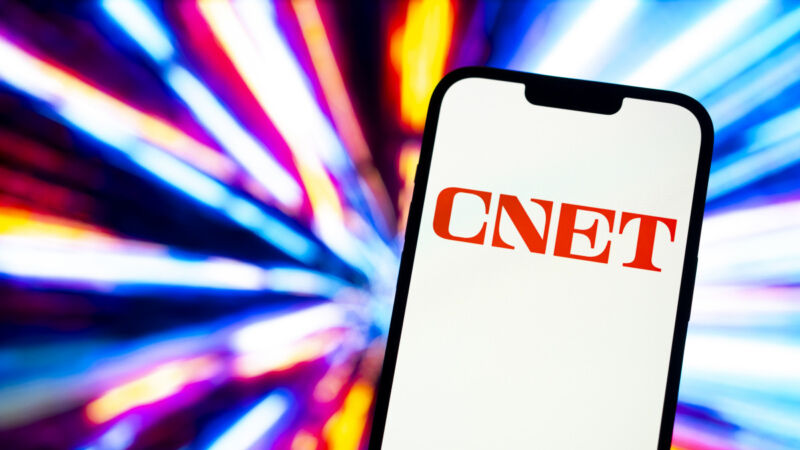How is computing taught around the globe? Our brand-new, free issue of Hello World, out today, paints a picture for you. It features stories from over 20 countries, where educators, researchers, and volunteers share their work and their personal challenges and joys in bringing computing education to their part of the world.
Global exchange in a worldwide community
In Hello World issue 23, you’ll hear about countries where computing is an official school subject and how it was set up that way, and you’ll hear about countries that are newer to computing education and working to fast-track their students’ learning.
- Ethel Tshukudu’s article on her research using the CAPE framework is a fascinating comparison of computer science education in four African countries
- Iliana Ramirez describes how volunteers are at the heart of Ciberistas, a technology training programme for young people in Mexico
- Matthew Griffin’s article highlights how computing education works in Canada, a large country with two official languages
- Dana Rensi’s article about a solar-powered Raspberry Pi computing lab in the middle of the Peruvian rainforest will surprise and delight you
- Randal Rousseau, a librarian in Cape Town, South Africa, shares how he teaches children to code through unplugged activities
And there is lots more for you to discover in issue 23.
Sue Sentance, director of the Raspberry Pi Computing Education Research Centre at the University of Cambridge, says in her article:
“Our own experience of implementing computing education in England since 2014 has shown the importance of teachers supporting each other, and how various networks … are instrumental in bringing computing teachers together to share knowledge and experiences. With so many countries introducing computing education, and teachers around the globe facing similar challenges, maybe we need to extend this to a global teacher network, where teachers and policymakers can share good practice and learn from each other. “
We aim for Hello World magazine to be one of the places where this sharing, exchange, and learning can take place. Subscribe for free to never miss an issue, and find out how you can write for the magazine.
Download Hello World issue 23 for free
Research highlights the importance of computing education to young people’s futures, whether or not they pursue a degree or career in the area. From teaching computing in schools where the electricity cuts out, to incorporating artificial intelligence into curricula in different countries, and to teaming up with local governments when there isn’t a national computing curriculum, educators are doing wonderful things around the globe to make sure the young people they support have the opportunity to learn. Read their stories today.
Also in issue 23:
- Research on culturally adapted resources
- How community building enhances computing education
- Tips for hosting a STEM event in school
And much, much more.
Send us a message or tag us on social media to let us know which articles have made you think, and most importantly, which will help you with your teaching. And to hear monthly news about Hello World and the whole Raspberry Pi Foundation, sign up to the Hello World newsletter.
The post Hello World #23 out now: Global exchange of computing education ideas appeared first on Raspberry Pi Foundation.



